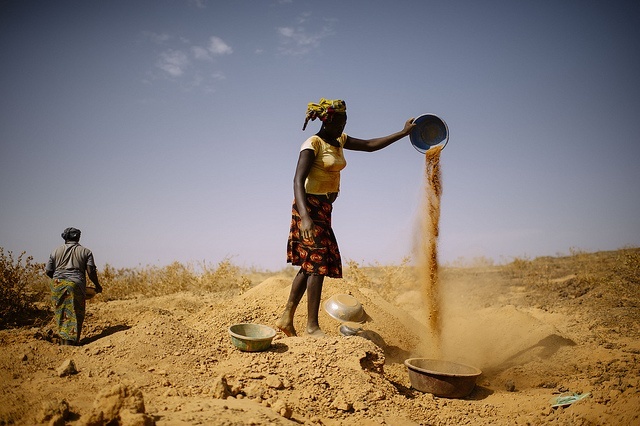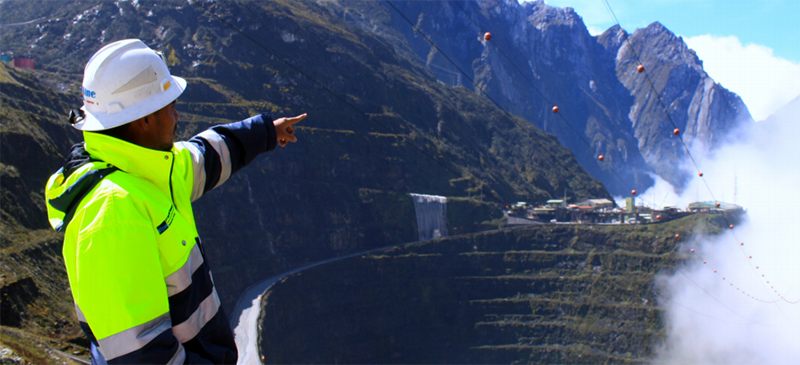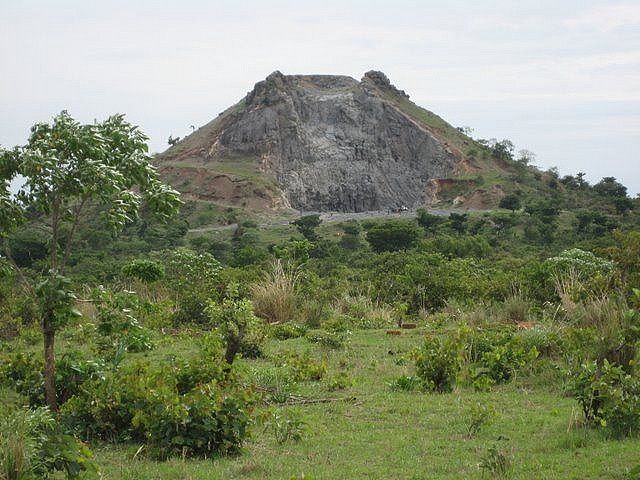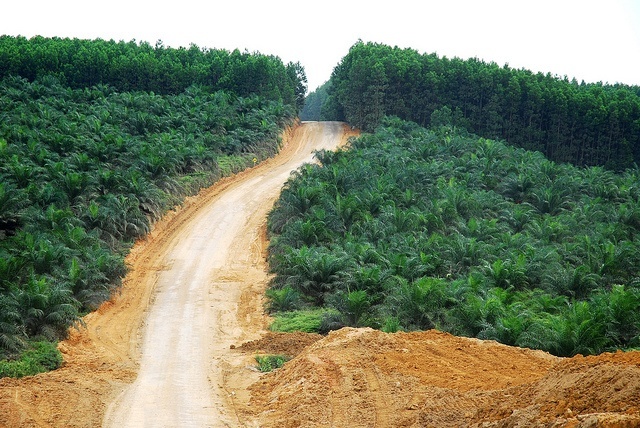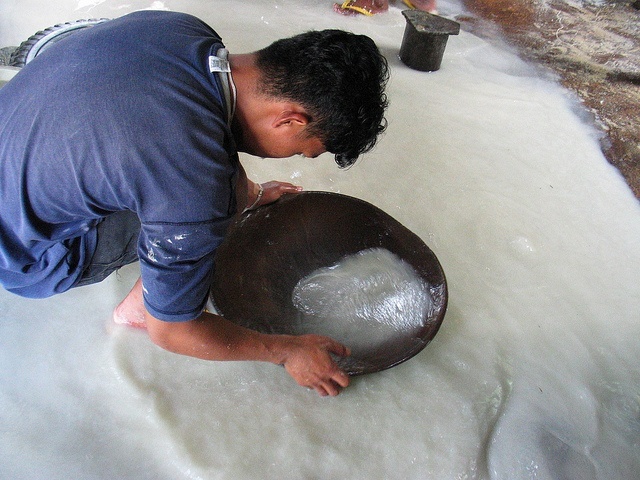News and resources
Explore our publications on a wide range of topics, to find the powerful facts, stories and approaches that underpin our work to make the extractive industry more open, accountable and participatory.
Transparency in mining: Large decline under the transitional government in Burkina Faso
Doubts expressed on the completeness and reliability of data Unjustified differences on export data Burkina Faso has just published its fifth report for the Extractive Industries Transparency Initiative (EITI) covering the year 2013. The information in the report, prepared under the country’s transitional government, indicates that overall transparency in the sector has greatly decreased, thus […]
PWYP Zambia demands transparency of ultimate owners
PWYP Zambia Press Release – For immediate release 14th January, 2016 We, members of Civil Society Organizations in Zambia working on issues of extractive industries observed that on 8th – 9th December 2015 in Kiev, the Global Transparency Initiative which promotes good governance of natural resources – the Extractive Industries Transparency Initiative (EITI) – agreed […]
Call for greater transparency in Papua New Guinea
7 January 2016 The Papua New Guinea Resource Governance Coalition (PNGRGC) is calling for greater transparency from the government and the extractive industries through the disclosure of information related to the value chain of PNG’s natural resource extraction. “Informing communities about the importance of knowing their rights to resource projects and benefit sharing is especially […]
Illicit financial flows and tax crime in mining sector in Indonesia
Indonesia ranks seventh in biggest illicit financial flows (IFF) among developing countries for year 2003-2012. While in 2014, IFF in Indonesia in 2014 is estimated reaching IDR 227.75 trillion ($20 billion). Mining sector contributes IDR 23.89 trillion ($2 billion), mainly derived from trade misinvoicing. Recently, Publish What You Pay Indonesia conducted study on IFF and […]
First EITI report in Ukraine – a golden opportunity
The launch of the first ever published EITI report in Ukraine in December 2015 offered a golden opportunity to look back at the progress accomplished so far and to look ahead at the actions still needed to generate genuine openness and accountability in the Ukrainian oil, gas and mining sectors. In recent times, Ukraine has […]
Climate change and the extractive industries – a campaign by PWYP Cameroon
The PWYP coalition in Cameroon is calling for EITI standards to include climate change By publishing an encyclical on the protection of nature protection, Pope Francis wanted to offer the world a contribution of the Church to solve the ecological crisis that humanity is currently facing. He has invited national Civil Society Organisations involved in […]
Mining and climate change: what is the impact of mining activity on climate change?
On the margins of COP21, as part of the “Climate Generations” space, civil society from Burkina Faso organised a session to address the impact of mining on climate change. The coordinator of Publish What You Pay (PWYP) in Burkina Faso, Jonas Hien, had made the trip with several coalition members to highlight this problem. Consistent […]
Climate change – a conversation we can’t just ignore
It used to be that climate change was a topic you could easily ignore. It was painted by some as the preserve of radical activists or anti-modernists who didn’t understand how things worked and perhaps even wanted to destroy the extractive industry. But such a view of the climate change debate would today be, at […]
40 years on from independence, Angola remains full of potential despite challenges
Angola, Africa’s second largest oil producer and third biggest economy, recently celebrated 40 years of independence on 11 November 2015. But there was very little to cheer about on the day, which was marked with lots of pessimism in the world media, as many commentators sought to commemorate this achievement by emphasising the country’s poor […]
Recent troubles at Niger’s only oil refinery in Zinder show importance of transparency
The recent troubles at Niger’s only oil refinery in Zinder have interesting parallels in neighbouring Chad, and show how important transparency in the extractives industry remains. In summer 2015, Niger’s Soraz refinery closed down for 45 days. The supply of locally produced fuel on the market dwindled and prices shot up. Officially the closure was […]
An Open Letter from Bantay Kita to Platts on Semirara Mining’s CSR Nomination
Bantay Kita – Publish What You Pay Philippines have issued an open letter to Platts stating that Semirara Mining doesn’t deserve CSR nomination. Semirara Mining and Power Corporation’s (SMPC) CSR project in Semirara Island has been nominated in a global award-giving body known as the energy sector’s Oscars. Bantay Kita – Publish What You Pay […]
Appetite for transparency in Australia
Since Publish What You Pay Australia was formed in 2011, Australia has had four Prime Ministers, including one who came back for a second (unsuccessful) go. For campaigners, the constantly changing political landscape has been challenging. However, there is much hope in civil society that stability is returning, and with it, an appetite for reform. […]







